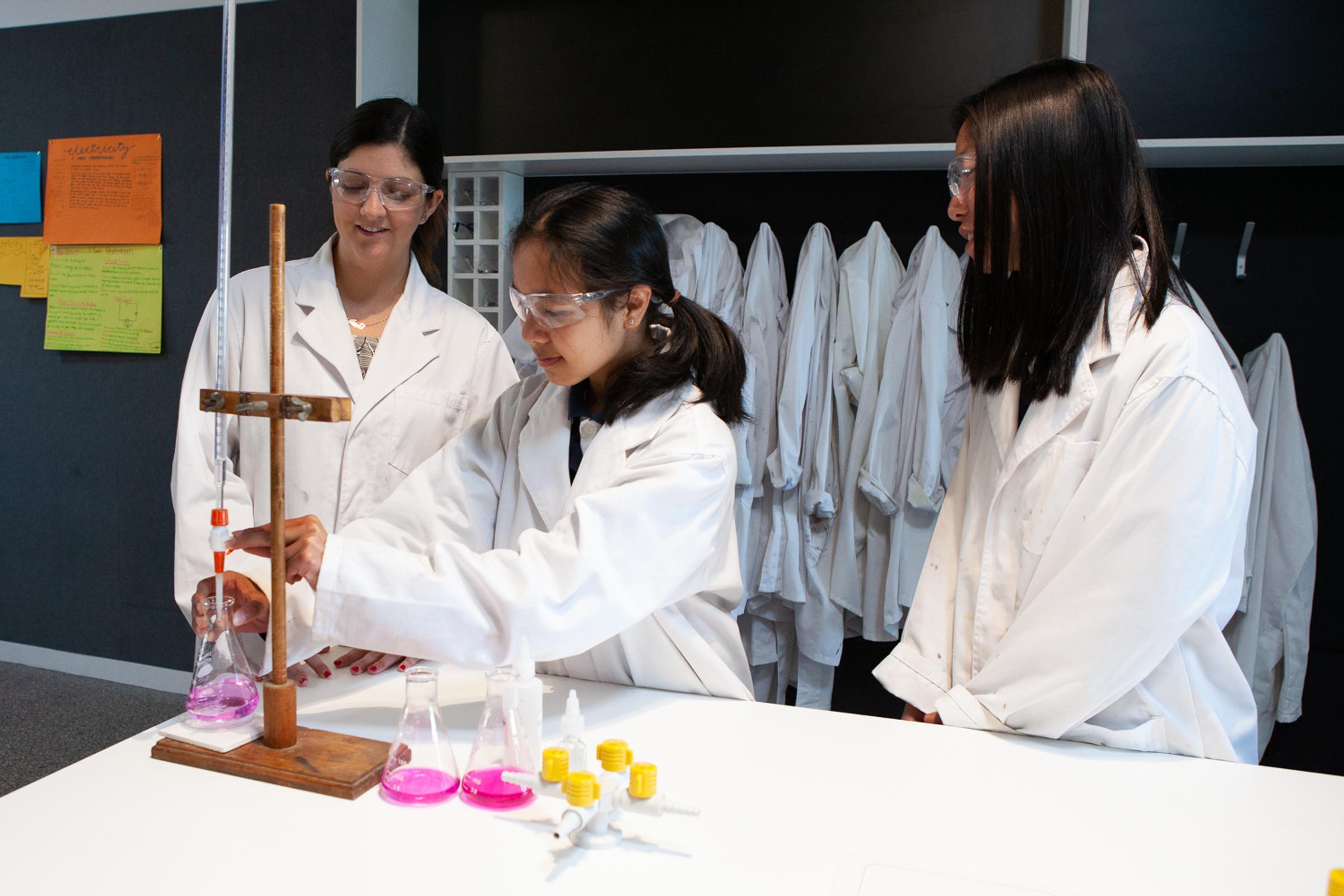Science News
Vermont Secondary College

Science News
Vermont Secondary College
ICAS Science Assessment
ICAS Assessments are online assessments, designed to recognise and reward academic excellence. Students are assessed on their ability to apply classroom learning to new contexts, using higher-order thinking and problem-solving skills.
The assessments are based on the curricula for the relevant year. Students are asked to demonstrate a deeper, integrated, and thorough level of knowledge and skills.
The cost to sit the ICAS for Science this year will be $19.25 and will need to be paid directly to the ICAS organiser through their parent payment portal. This must be done by Friday 29th of July. The date for ICAS this year will be Monday 22nd of August. Time and room will be announced closer to the date.
How to participate in ICAS for Science in 2022:
International Chemistry Quiz
Thank you to the students who signed up to participate in the ICQ for 2022. An event has now been created through Compass and your payment of $5 needs to be made by Tuesday 7th June.
Year 8 Meet the Scientist Day
All Year 8 classes had a guest speaker visit their classes on Wednesday. The visitors were all scientists and they spoke to our students about what types of research they undertake, where they went to school (some of them were past VSC students!) and how they got to where they are now.
All Year 8’s will be undertaking a STEM-based research task at the end of Term 2 and we are hoping that the visits from some “real life scientists” might inspire them! So please, ask your Year 8 child what they found interesting about the day – maybe some of them are now owl spotters and expert trackers or pursuing a career in cardiovascular research or even wanting to work on how phytoplankton are helping to capture carbon dioxide! The possibilities are endless!